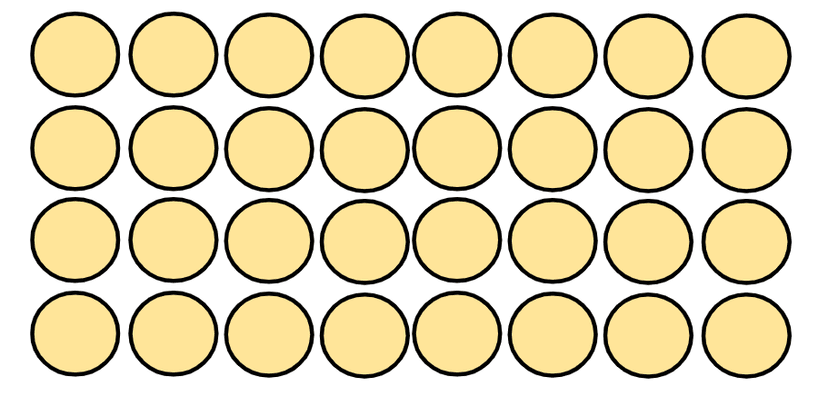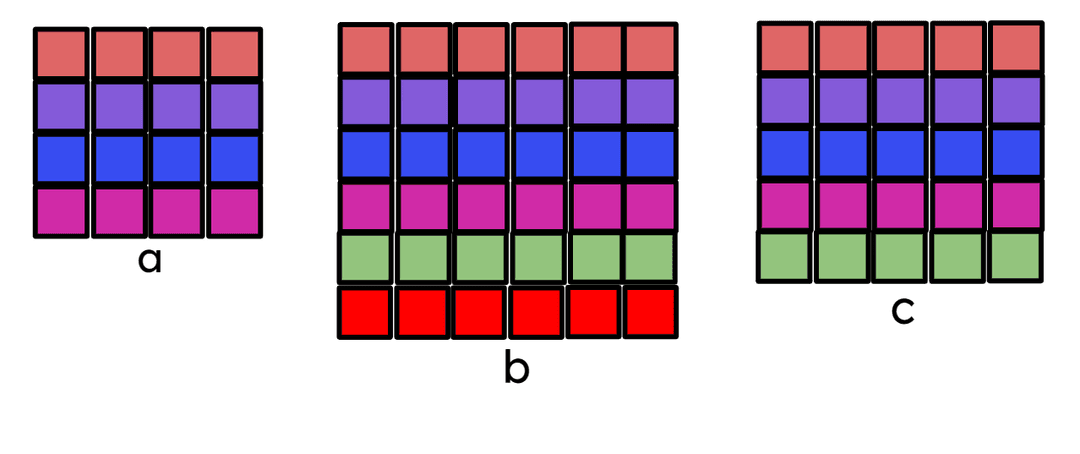Myths about teaching can hold you back
- Year 4
Use divisibility rules for 3, 4, 6 and 8 times tables to solve problems
You can use divisibility rules for 3, 4, 6 and 8 times tables to solve problems.
- Year 4
Use divisibility rules for 3, 4, 6 and 8 times tables to solve problems
You can use divisibility rules for 3, 4, 6 and 8 times tables to solve problems.
These resources were made for remote use during the pandemic, not classroom teaching.
Switch to our new teaching resources now - designed by teachers and leading subject experts, and tested in classrooms.
Lesson details
Key learning points
- Multiples of 3 have a digit sum of a multiple of 3 and multiples of 6 are even multiples of 3
- If you can halve a number twice and get a whole number then the original number is a multiple of 4
- If you can halve a multiple of 4 and get a whole number then the original number is a multiple of 8
Keywords
Divisible - Divisibility is a number’s ability to be exactly divided by another number, leaving no remainder.
Divisibility rules - Divisibility rules let you test if one number is divisible by another, without having to do too much calculation.
Common misconception
Pupils may confuse the divisibility rules or apply them incorrectly.
Display the rules so pupils can be reminded of them. Clarify each rule with clear examples and practice problems (e.g., a number is divisible by 3 if the sum of its digits is divisible by 3).
To help you plan your year 4 maths lesson on: Use divisibility rules for 3, 4, 6 and 8 times tables to solve problems, download all teaching resources for free and adapt to suit your pupils' needs...
To help you plan your year 4 maths lesson on: Use divisibility rules for 3, 4, 6 and 8 times tables to solve problems, download all teaching resources for free and adapt to suit your pupils' needs.
The starter quiz will activate and check your pupils' prior knowledge, with versions available both with and without answers in PDF format.
We use learning cycles to break down learning into key concepts or ideas linked to the learning outcome. Each learning cycle features explanations with checks for understanding and practice tasks with feedback. All of this is found in our slide decks, ready for you to download and edit. The practice tasks are also available as printable worksheets and some lessons have additional materials with extra material you might need for teaching the lesson.
The assessment exit quiz will test your pupils' understanding of the key learning points.
Our video is a tool for planning, showing how other teachers might teach the lesson, offering helpful tips, modelled explanations and inspiration for your own delivery in the classroom. Plus, you can set it as homework or revision for pupils and keep their learning on track by sharing an online pupil version of this lesson.
Explore more key stage 2 maths lessons from the 7 times table: odd and even patterns, square numbers and tests of divisibility unit, dive into the full primary maths curriculum, or learn more about lesson planning.

Licence
Prior knowledge starter quiz
6 Questions
Q1.Which of these numbers are multiples of 4?
Q2.Which of these numbers are not multiples of 6?
Q3.What calculations does this array show?

Q4.Match the array to the correct square number.

4²
6²
5²
Q5.Select the square numbers.
Q6.Jacob has designed a square. One side is 7 tiles long. How many tiles has he used? tiles
Assessment exit quiz
6 Questions
Q1.Match the divisibility rules.
The sum of the digits is divisible by 3
Halving the number gives an even number
The number is divisible by both 2 and 3
Halving the number twice gives an even value


